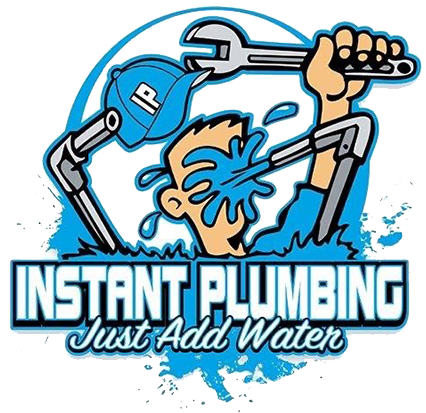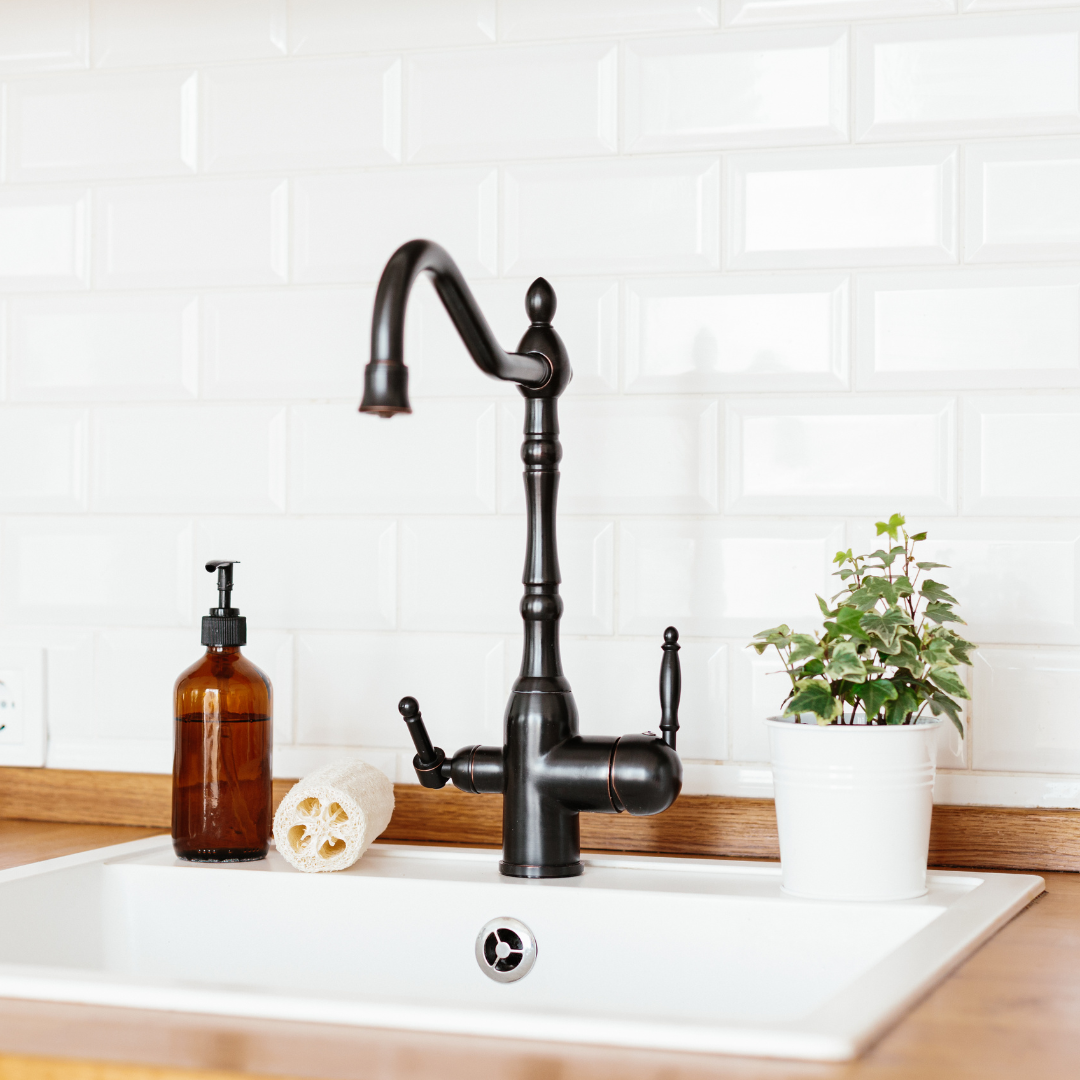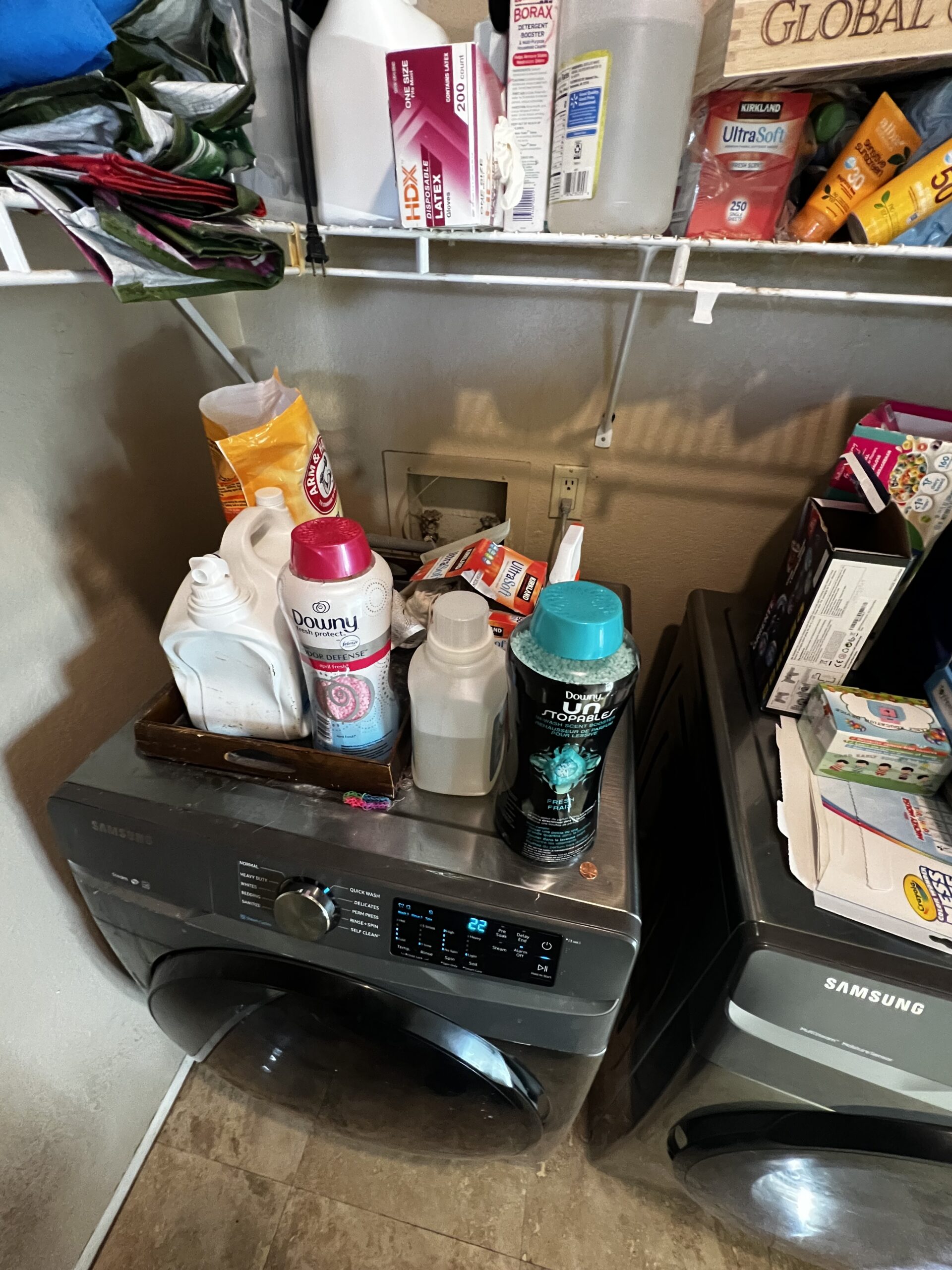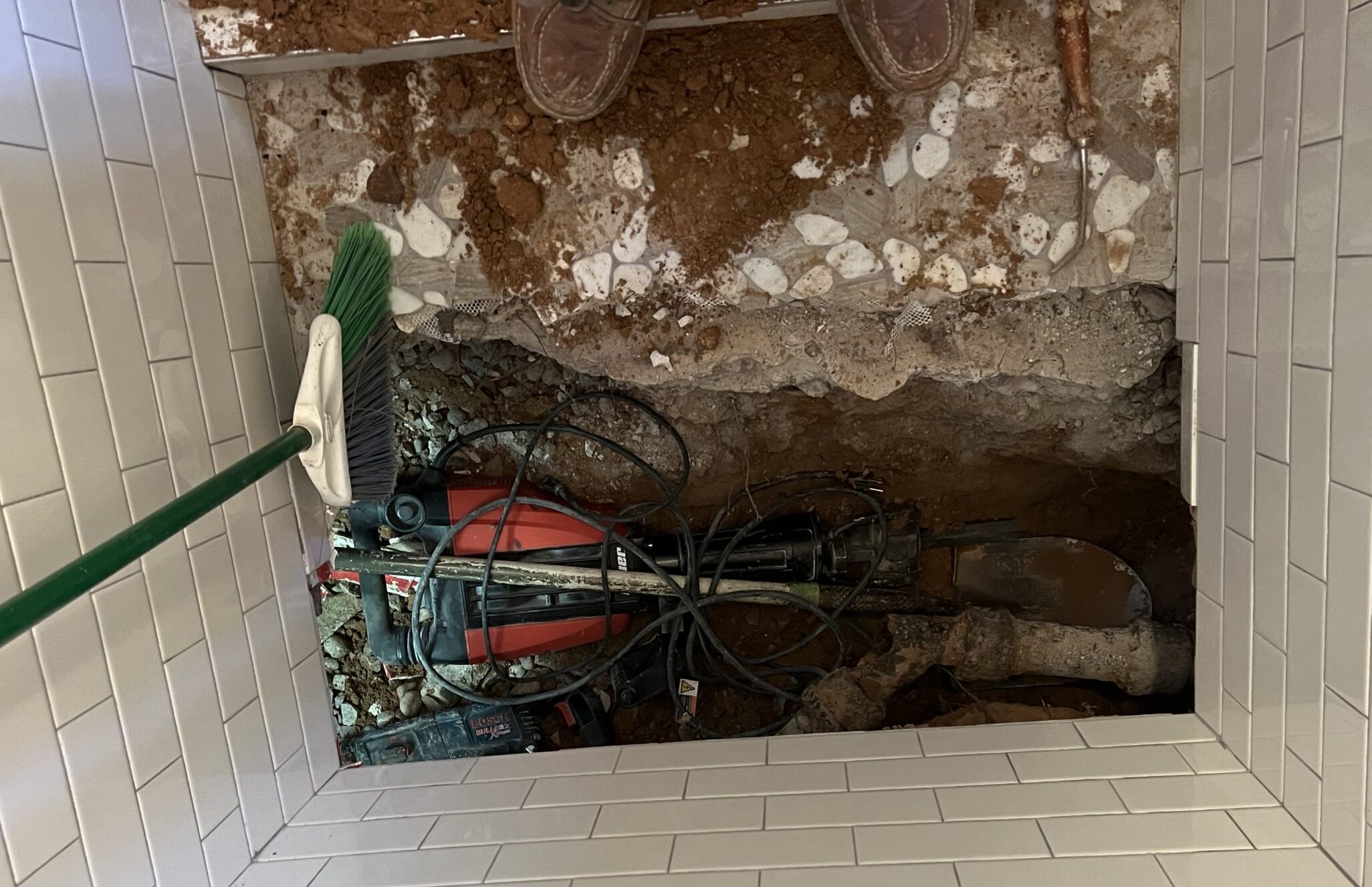Water pressure is certainly something most home owners never think about, unless the pressure is noticeably far too low. However, the opposite can certainly be a concern with catastrophic consequences if not properly maintained. While high pressure water may be fantastic for those custom showers, there are ways to improve the pressure in a shower without putting the rest of your plumbing system at risk. And as an added bonus, you can even save on that water bill too! So let’s find out what causes high water pressure and how Instant Plumbing and Rooter can help save you from much more costly repairs and give you peace of mind.
High water pressure is usually caused by city water supply pressure being set high. This is often done to ensure adequate water pressure to all homes, businesses and fire hydrants in a city’s jurisdiction, even ones that may be far away, or set on hills, such as the McDowell Mountain and Fountain Hills areas. Houses at lower elevations can often have higher pressure as well, due to gravity. Pressure also increases as temperature increases, a major concern in the Phoenix summer weather. Higher pressure can damage your appliances, like your dishwasher, water heater, and importantly, your home’s water softener; an essential component because of how hard the water is in the valley.
One of the most common ways of determining high pressure is hearing strange noises coming from the plumbing in the walls, such as banging or thuds, caused by water hammer. Some other ways to determine high pressure include:
- Running out of hot water quickly: hot water not lasting long through showers or baths.
- Leaking faucets or running toilets: faucets constantly dripping, spraying or spitting when used. Toilets running without filling or even flushing on their own.
- Loud Appliances: appliances make more noise than usual while water is running through them during cycles.
- Lastly, if the water coming out of the faucet just seems like it has high pressure.
Higher pressure means more water used as well, which can lead to an increased water bill. Just a 10 psi increase can lead to 20% more water used! This can be tested with a water pressure gauge, or by a licensed plumber.
Once it has been determined that high pressure is a concern, there are a few ways to manage it. The number one way to solve high water pressure is with a water pressure reducing valve, also known as a PRV. This is a device that goes on after your main service shut-off valve and restricts the flow of water entering your home’s water system. Once the water has passed through the PRV, there are a couple ways to help regulate the pressure at the appropriately set pressure.
One way to regulate the pressure is with water hammer arrestors, which are most commonly found near the washing machine. Newer washing machines have internal valves which can open and close very quickly, causing pressure to spike, which can lead to burst pipes. Another fix is with an expansion tank, also called a thermal expansion tank. This is usually a small tank near the water heater that allows the heated water to expand into it without increasing the pressure in the rest of the house, since hot water expands, creating more pressure. So if any of the above mentioned are a concern for you, a friend, or loved ones home feel free to contact us, and know that you are hiring someone knowledgable and someone you can trust!
Frequently Asked Questions
Q: Why is high water pressure a concern in homes?
A: While high water pressure can be great for showers, it can pose a risk to the plumbing system, leading to potential damage and increased water bills. High pressure can strain appliances, cause leaks, and result in a shortened lifespan for crucial plumbing components.
Q: What causes high water pressure in a household?
A: High water pressure is often a result of the city water supply pressure being set high to ensure adequate water for all properties, including those at distant locations or on elevations. Other factors include gravitational effects for houses at lower elevations and pressure increase due to temperature rise, especially in hotter climates like Phoenix.
Q: How can I identify if my home has high water pressure?
A: Some common indicators include:
- Strange noises like banging from the plumbing
- Faucets that leak or spit water
- Appliances that are louder than usual when water runs through them
- Running out of hot water quickly during showers or baths
- Observably forceful water flow from faucets.
Q: Is there a quantifiable impact of high water pressure on water usage?
A: Absolutely. An increase in water pressure can result in more water being used. For instance, a rise by just 10 psi can lead to 20% more water consumption, potentially inflating your water bills.
Q: What solutions are available to regulate high water pressure in homes?
A: To manage high water pressure, homeowners can invest in a water pressure reducing valve, commonly known as a PRV. This device restricts water flow entering the home’s system. Other solutions include water hammer arrestors, typically located near washing machines, and expansion tanks near water heaters. These measures help in regulating pressure and preventing potential damages from high water pressure. If there’s any doubt or concern, it’s always recommended to consult with a trusted professional like Instant Plumbing and Rooter.



